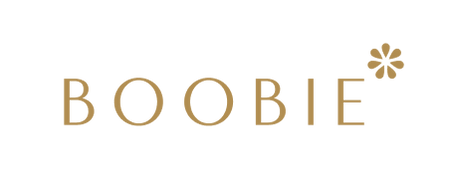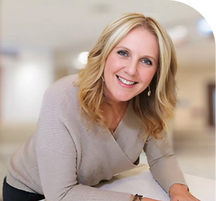By Wendy Colson RN, IBCLC, RLC
In every medical field there are specialists. If you had a strange looking mole you would be referred to a dermatologist. If you were diagnosed with diabetes, you would be referred to an endocrinologist. If you were diagnosed with cancer you would be referred to an oncologist. However, not many people, not even physicians who work with mothers and babies, know who to refer you to when you’re struggling with breastfeeding.
An International Board Certified Lactation Consultant (IBCLC) is a healthcare professional who specializes in the clinical management of breastfeeding. An IBCLC is considered the Gold Standard in lactation education and clinical management of breastfeeding. IBCLCs are the only healthcare professionals with an internationally recognized credential in lactation, which means they could work as an IBCLC in far-away countries like Germany or China because babies are breastfed essentially the same way as they are here in the United States. In terms of breastfeeding education and management, no other initials come close, not even the initials of MD.
IBCLC’s work in clinics, hospitals, and private health practices. They sometimes have backgrounds in other medical fields such as nursing, dietitians, speech pathologists and even physicians, but you don’t need a medical background to be an IBCLC. Prior to me becoming a board certified and registered lactation consultant (IBCLCs are the only lactation consultants which are registered and can use the initials RLC after their name) I needed hundreds (non-medical persons need thousands) of supervised hours prior to sitting for an exam. The exams/boards given to become a Registered Nurse(RN) are only taken once in our lifetime, whereas IBCLC’s have to continue to sit for boards every 10 years. They have to PROVE they are current in breastfeeding education and management.
Here is even better news when choosing an IBCLC to assist you with breastfeeding: Private health insurance companies now recognize the initials IBCLC and are reimbursing and covering lactation services included in The Affordable Care Act (ACA).



















